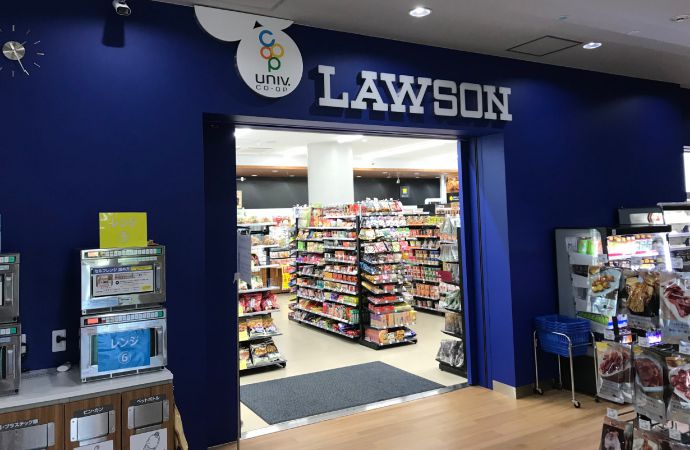23 June was Women in Engineering Day in the United Kingdom. And in an in-out referendum on EU membership held on the same day, the UK decided to leave the European Union. We spoke to former Institute of Refrigeration chief Jane Gartshore about the implications of both events for Britain’s HVAC&R industry.

Jane Gartshore, a well-known figure on the UK HVAC&R scene and a former president of the UK Institute of Refrigeration (IOR), is uncomfortable about the country’s decision to leave the European Union.
Speaking to shecco, Gartshore said, “I think in the UK – and I can only talk from a UK perspective – we will see a slow down in our economy, and that always has an effect on our industry”.
Gartshore is uncertain how EU regulation will apply in the UK in future, particularly for the refrigeration industry, which is currently governed by various EU directives such as the Pressure Equipment Directive.
Moreover, the necessity of continued trade with EU member states and the possibility of remaining a member of the European Economic Area will require the UK to continue to apply various EU regulations. “We no longer are involved in the setting of standards but we will follow them, which is unfortunate,” said Gartshore added.
She expressed confidence that the UK would continue to apply the F-Gas Regulation, which has already been transposed into UK law – adding that the f-gas phase-down is being driven by end users as much as by regulation.
Major industry achievements
Gartshore, whose background is in engineering, said she got into refrigeration purely by accident. After studying engineering at university, she was offered a job at Prestcold – a now defunct UK commercial refrigeration manufacturer. Her career took off quickly from there.
Asked to describe her proudest achievements, she said, “setting up a business from scratch, the work I’ve been involved with in the replacement of CFCs in developing countries, and being the first woman president of the IOR”.
As IOR president, Gartshore was uniquely poised to see how the industry is moving towards improving efficiency and phasing down HFCs. Crucial to this process has been increase end-user uptake of natural refrigerants.
“Unilever went to propane approximately 10 years ago [...] and that has a knock on effect to other industries. Then five years ago Waitrose, one of the UK’s major retailers, went hydrocarbon in all of their new stores. All of these things give a step-change,” said Gartshore, adding that CO2 is also playing a crucial role for the UK’s biggest retailers and that ammonia is also on the rise.
Now working at her own company Cool Concerns, a training and consultancy refrigeration firm based in the UK, over the last 20 years she has seen an increase in natural refrigerant training. She says this is now where much of her business is going.
Triggering action in developing countries
After her experience working with hydrocarbons and Calor Gas, the United Nations Environmental Programme (UNEP) asked her to participate in their CFC phase-out work and to help measure the success of programmes in developing countries.
Crucial to this has been raising awareness firstly of the impact on the environment of f-gases, and secondly training people in developing countries on how to use these new technologies.
The biggest barrier is sometimes cost. Gartshore explains, “these countries did not have access to cheap [refrigerant] recovery machines” to safely dispose of CFC gases from old machines.
This was why, when she was in India, it was easier just to teach manufacturers how the machines were made. “They went back to their workshop, they got new and old components, and came back the following morning with a recovery machine, made from local components very cheaply,” Gartshore said. The secret lies in innovation and creativity, she explains.
Women in Engineering Day
The Telegraph and the Women’s Engineering Society have named Gartshore one of the 50 Most Influential Women in Engineering. The accolade has “definitely raised the profile of women in the industry,” she said, adding: “I really enjoy working in the refrigeration industry. Being a woman is definitely an advantage. People remember you because there are so few of us.”
Asked why more women do not become engineers, Gartshore believes it is part of a wider problem of many young people not having the opportunity to learn about other career paths.
Since 1919, the Women’s Engineering Society has been helping to encourage younger generations to get involved in the engineering sector and highlighting the achievements of successful female engineers.
Related stories



